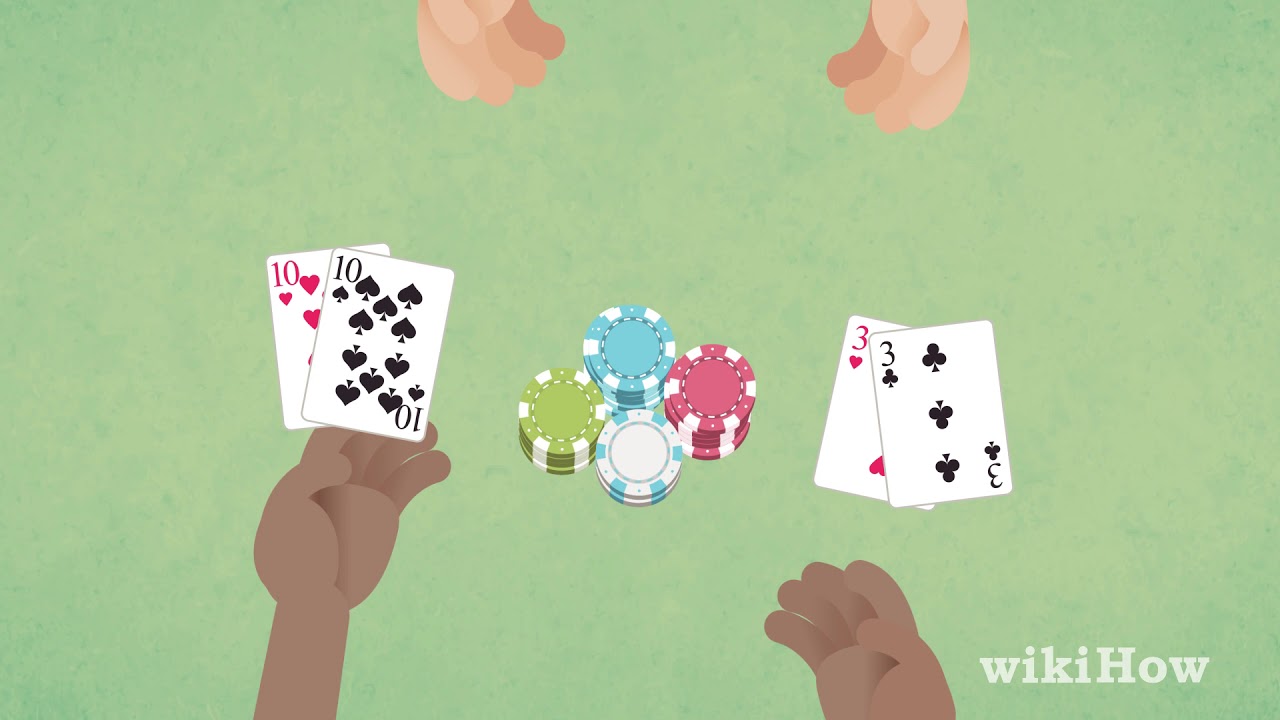
How to Play Poker

How to Play Poker: A Beginner’s Guide
Poker is a classic card game that has captivated players for centuries. Whether you’re playing with friends, at a Online Casino Australian, or even online, poker offers an exciting and strategic form of entertainment. If you’re new to the game, here’s a beginner’s guide to get you started on your poker journey.
1. Understand the Basics:
Poker is typically played with a standard deck of 52 cards. The objective of the game is to have got the best hand at the end of each round or to convince your opponents to fold (give up their hand). Each player is dealt a certain number of cards, depending on the variation of poker being played.
2. Hand Rankings:
Before diving into the gameplay, it’s essential to familiarize yourself with poker hand rankings. From highest to lowest, the hand rankings are as follows: Royal even out, Straight even out, Four of a Kind, Full House, even out, Straight, Three of a Kind, Two Pair, One Pair, and High Card. Knowing these rankings will help you understand the value of your hand compared to your opponents’.
3. Learn the Terminology:
Poker has its own unique language. It’s crucial to understand the terms used during the game. Some common poker terms include “call” (matching the current bet), “raise” (increasing the current bet), “fold” (giving up your hand), and “bluff” (making others believe you have got a stronger hand than you actually do). Familiarize yourself with these terms so you can effectively communicate with other players.
4. Choose a Variation:
Poker has several variations, each with its own set of rules and strategies. Texas Hold’em is the most popular and beginner-friendly variation. Other popular variations include Omaha, Seven-Card Stud, and Five-Card Draw. Start with Texas Hold’em, and once you feel comfortable, explore other variations.
5. Master the Basics of Texas Hold’em:
In Texas Hold’em, each player is dealt two private cards (known as hole cards) that belong to them alone. Five community cards are then dealt face-up on the “board.” The objective is to make the best five-card hand using any combination of the community cards and your hole cards.
6. Make Betting Decisions:
One of the key aspects of poker is betting. The game typically starts with two players placing compulsory bets called the “small blind” and “big blind.” These bets initiate the pot. Each player then decides whether to “call,” “raise,” or “fold” based on the strength of their hand.
7. Practice and Strategy:
As with any game, practice is essential to improve your poker skills. Start by playing with depression-stakes or free games to gain experience without risking too much money. Additionally, study poker strategy guides, watch professional players, and analyze your gameplay to develop your own winning strategies.
8. Stay Calm and Emotionally Balanced:
Poker is a game of skill mixed with luck. It’s crucial to keep your emotions in check and avoid letting them influence your decisions. Experienced players often use their opponents’ emotions against them, so maintaining a calm and focused mindset can be a important advantage.
Remember, mastery of poker takes time and effort. Keep learning and honing your skills, and soon you’ll be ready to take on more than experienced players. Whether you play for fun or aspire to become a professional, poker offers endless excitement and challenge. So, gather your friends, grab a deck of cards, and start enjoying the timeless game of poker!
Relevant casino bonuses for “How To Play”





- 200% No Rules Bonus! at Video Slots Casino
- EURO 875 Casino tournaments freeroll at BGO Casino
- 165% Match Bonus Casino at Casino Room
- $3445 No deposit casino bonus at Jet Bull Casino
- 630% Signup Casino Bonus at Winorama Casino
- $845 Free Casino Tournament at Reload Bet Casino
- €260 FREE Chip Casino at Leo Vegas Casino
